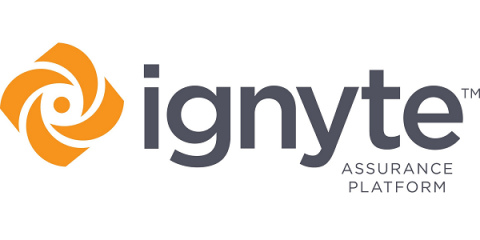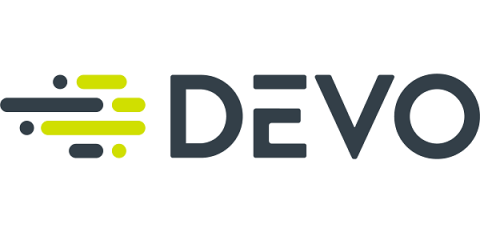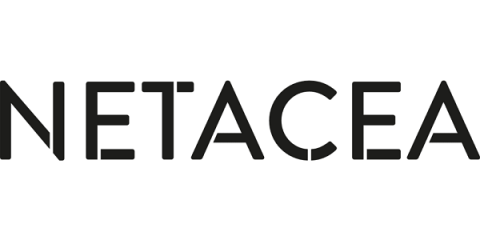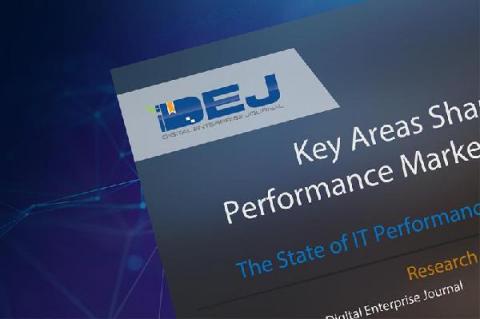DoD Interim Rule
On September 29, 2020, the U.S. Department of Defense (DoD) released an interim rule titled Assessing Contractor Implementation of Cybersecurity Requirements (Defense Federal Acquisition Regulation Supplement (DFARS) Case 2019-D041). The rule amends the DFARS, and at the same time, implements the DoD Cybersecurity Maturity Model Certification (CMMC) program.










